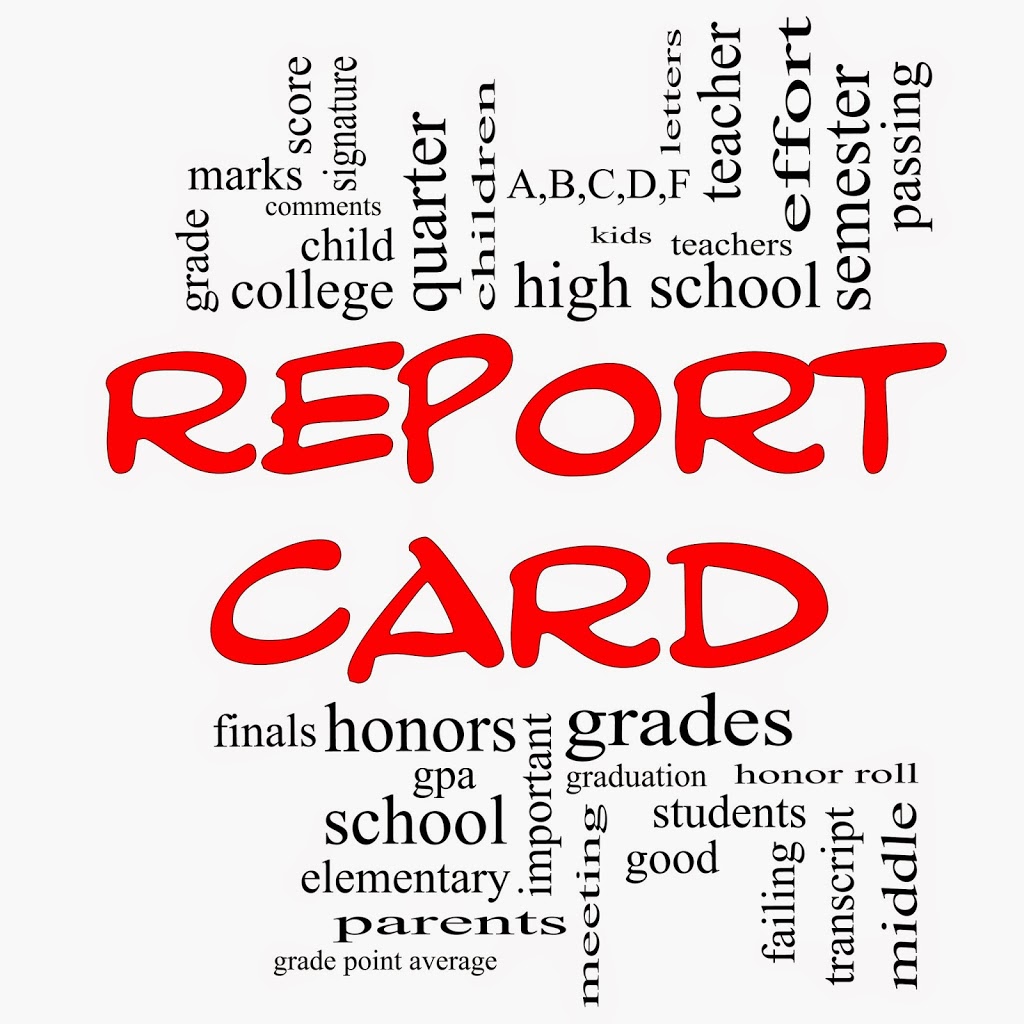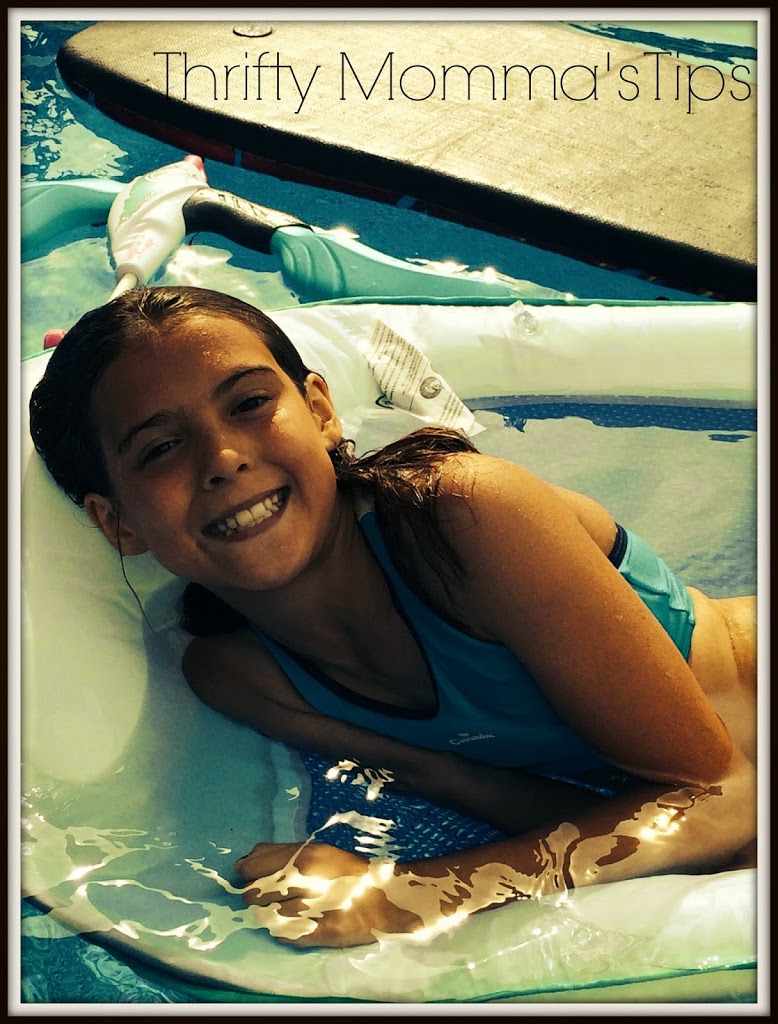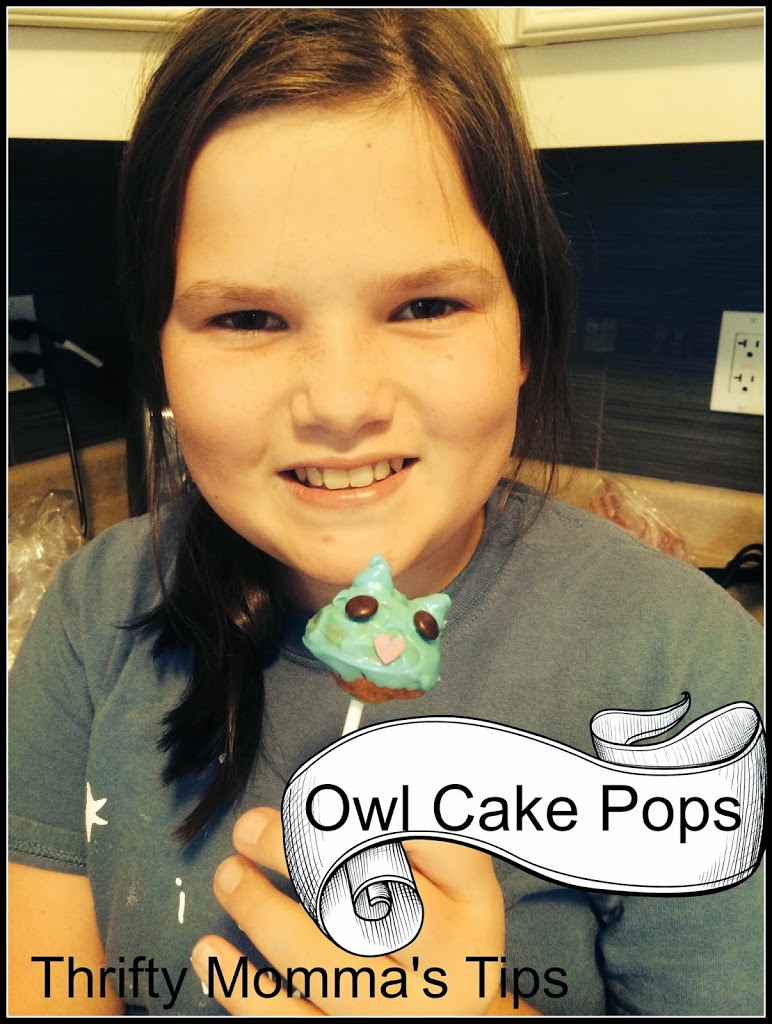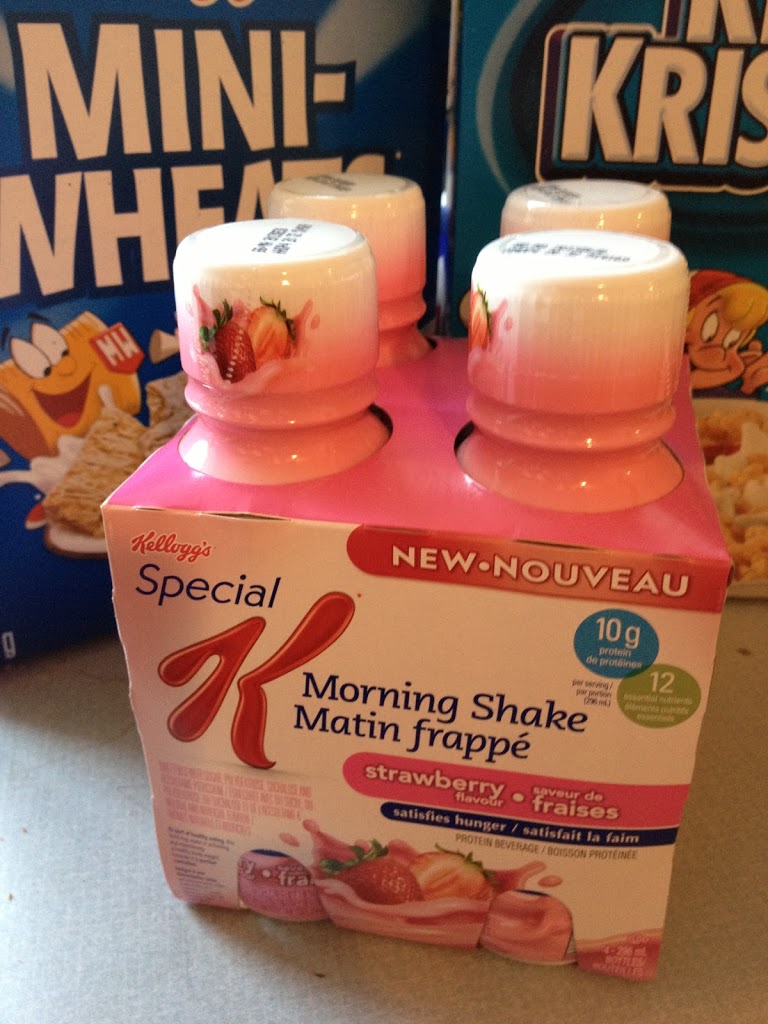
What Pride Looks Like: On Report Cards, Respect and #specialneeds
Think they don’t care much about what is written on report cards? Think that little people are oblivious to how the teacher sees them and feels about them? Words matter, and never more so than when someone is assessing a child with special needs after a year of school. This is our first experience with a really accepting and lovely teacher who clearly understood and liked my youngest daughter.
I am driving both my kids to Build-A-Bear to celebrate their last day of school when the little one cracks open her report card and starts reading it word for word. This, in itself, is a major accomplishment. She is not a fluid reader, nor does she find this task effortless. It has often been the source of much frustration, for us, her parents, for teachers, and for her. But tonight she left school without her report card on the last day of the year and she panicked.
On the way back to the school, I asked my daughter why the report card mattered. “Don’t you know that you had a great year?” I asked. There have been years we left for holidays and I didn’t even care if we saw the report cards. I knew very well how they had done. The grades are not always the most important measure for me, as a parent of kids with special needs, two kids who sometimes have bigger challenges relating to fitting in socially, maintaining positive mental health and making friends. “It matters, Mom. They forgot to give it to me, Mom.”
She counts out loud the As and Bs and finds one D on the page. She reads out loud:
“Ainsley is a joy. She has matured much over the past year and is a kind and caring friend who would do almost anything for a classmate.” A funny thing happens. From the front seat where I am negotiating traffic to get to the mall I can hear her voice crack as she reads it. Another sentence equally respectful and her tiny voice does it again. Breaking. “Ainsley has made great strides in coping skills.” And it takes about three seconds before I, too, am swatting tears away. I turn into the parking lot and blink a lot.
I park my van and I am thinking about two or three years back when report cards made me want to strange someone. Once her report card read: “Ainsley is a clever curious girl who requires constant supervision.” and “Ainsley needs constant one on one support. Only then can she manage to get work completed.”
“Ainsley struggles…Ainsley requires…Ainsley needs…Ainsley tries…Ainsley is learning to…Ainsley is slowly increasing class time….oh and this little gem…Ainsley only chooses friends she can manipulate...Ainsley is stubborn and inflexible…unable to see other’s viewpoints.” Each year the phrases have left me feeling hostile with an environment that frames a disability as a character flaw. Every year she reads the comments on her own report card and feels, what? Sad, flawed, upset, faulty. Defective?
One June, about 3 years ago, particularly poor language on a report had me calling and emailing the school to advise teacher and principal their wording was unacceptable when referring to my child, who always tries her hardest, despite, and because of limitations. I strongly suggested her report card would never again be worded to make her feel like a brain injury was somehow her fault. The wording got a bit better the year after that. Once a teacher advised, “I word it like that so the board knows she needs support.” But there’s one tiny problem with that. Even if she struggles through each word, my daughter reads these reports. They impact her image of herself, her confidence, her school experience and her sense of self worth. Words matter. They can say special needs are bad. Or special needs are manageable. Or special needs don’t define you. Joy and empathy and perseverance and hard work – that defines you.
On the way home, new bears named and boxed and dressed in hiphop clothes: “Can I keep this report card in my room, Mom? Can I give it to my new teacher next year to read?”
Never before has she asked that. Usually she drops them and runs off, feet always flying faster than the rest of her. “Right after I photocopy it and frame it,” I say, heart dripping.
This was grade four. A teacher who understood this child. A teacher who maintained her own mood and emotional state well all year long so that she never once lost her mind because my child has FASD (fetal alcohol spectrum disorder.) A teacher who enjoyed teaching and respected all abilities. This was someone who knew that words matter. Especially on report cards and throughout the year. A teacher who brilliantly understood my exceptional kid.





One Comment
AMummysLife NZ
I just nominated you for the Liebster Award! http://www.amummyslifenz.com/2014/06/liebster-award-nominations.html